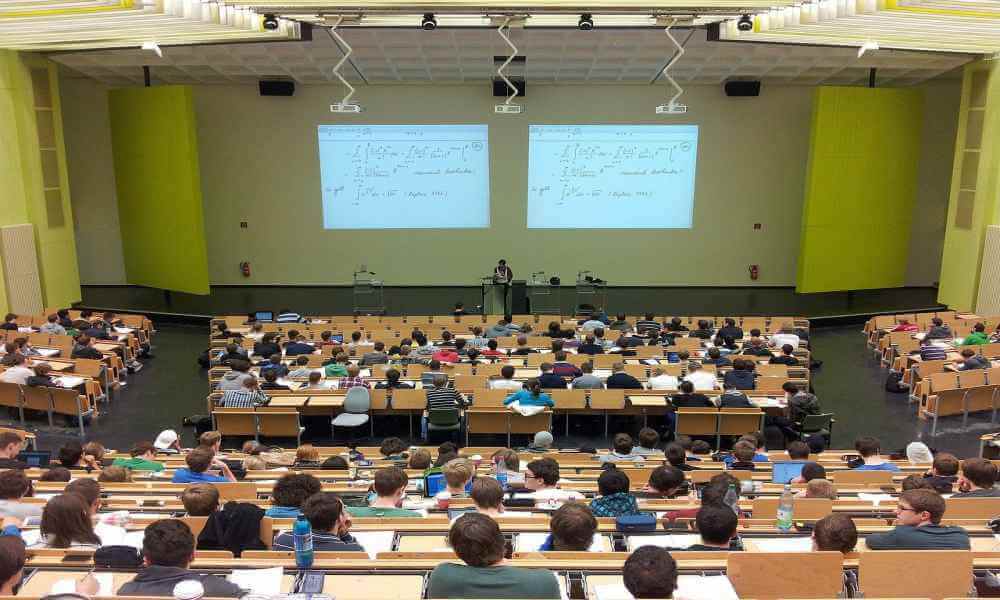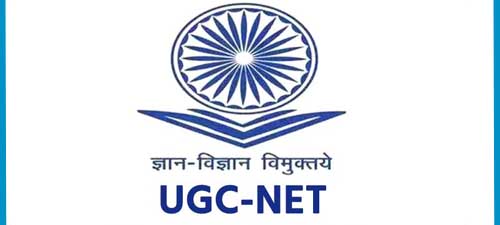Educational tourism is an increasingly popular new trend in the global tourism industry. The concept of a wide range of educational tourism, it has been changing the concept of tourism itself. In other words, the main purpose of educational travel is to obtain knowledge and experience on certain topics, rather than travel itself.
Educational tourism is about learning new things, acquiring new knowledge about culture or history of other destinations. Its main focus is on studying new things, learning about other cultures, study tours, or to apply the learned skills. This is one of the most famous type of tourism activity for past few years, for example people travel to learn foreign languages. Due to the growing popularity of teaching and learning of new knowledge, Educational tourism is growing at a faster speed. Educational tourism has become an alternative of large scale mass tourism.

With the growth of tourism it has led to the emergence of segments within the tourism industry, which includes educational tourism as well. Educational tourism is not a homogenous group; it can vary from person to person or their interest. The number of international students has been steadily increasing over the last 30 years and China, India, and the Republic of Korea are the top three global student providers. The most popular destinations for educational tourism are United States, United Kingdom, Germany,
France, Australia, and Japan. These six countries host around 62% of the world’s total international student population.
In recent past the general increase in the educational level of society has had a profound impact on the tourism market. Educational tourism can take a variety of directions and serve a diversity of visitor interests, “such as satisfying curiosity about other people and their language and culture; stimulating interest in art, music, architecture or folklore; inspiring concerns for natural environments, landscapes, flora and fauna; or, deepening the fascination of cultural heritage and historic places. Educational tourism goes beyond a curiosity, interest or fascination for a particular topic but includes an element of organized learning (Kalinowski & Weiler 1992).
History of Educational tourism
Educational tourism has its roots in the ancient world. Yet, depending on the socioeconomic, political, cultural, and historical circumstances, at different historical stages of its development, it had its own peculiarities.
Educational tourism is not a new concept; it has existence since the 17th, 18th, and much of the 19th centuries. The ‘Grand Tour’ was seen as the beginning of educational tourism, which was undertaken initially by aristocratic British youth as part of their education during 17th to 19th century. Many of these were scholars from England, Germans and other countries, travelling on a grand tour of the European Continent.
Educational Tourism from Indian context:
India was an important centre for education in South-Asian countries since the ancient period. Scholars all over the world travelled to India for education. India was a famous destination for advanced learning process and knowledge sharing. Taxila University, Nalanda University, Vikramshila University, Odantapuri, Somapura, Sharada Peeth, Valabhi, and Ratnagiri were among the famous learning centres. The most famous and prestigious centres of learning among all these universities were Nalanda University and Taxila University. The three great personalities of India, Chanakya, Chandragupta and
Charak belong to Taxila University. ‘Arthashastra’ is believed to be written here by Chanakya. Arthashastra is the famous ancient book on economics and polity and it is still famous among the scholars.
Educational tour:
Most of the schools and colleges have educational tour as a part of the academic experience. Educational tours help the students with firsthand experience of various subjects. Example: Educational tours organised by the schools to the zoos and parks to acquaint the students with flora and fauna. This provides the students with an opportunity to see flora and fauna face to face which is quite exciting as compared to see the pictures of these in a book.
Similarly, in order to understand astronomy, a visit to a planetarium is quite beneficial. History students can be taken to places of historic importance or museums with ancient artefacts. Visits to old forts and palaces or the ruins of the ancient kingdoms can make history come alive before us.
Tourism and Education
Tourism and travel activities enhance knowledge because with travelling we come to know about new people, languages, life styles, landscapes, cultures, customs and traditions. This increases our knowledge about the other destinations. Travelling plays an important role in our education and it is essential part of education system. Education without travelling is not complete. Earlier travelling was not easy without facilities but now with the new modes of transportation and scientific improvements it has become quick, easy, cheap, interesting and pleasant. With bthe new modes of transportation like huge ships, fast and comfortable railways, electric vehicals, airplanes the journey has became more interesting and comfortable. Hence travelling has became an important part of education system and it is helpful in in enhancement of knowledge, growing innovative ideas and improving thought process. Travelling provide full knowledge while reading books give half or partial know;edge about things.

Classification of Educational Tourism
Although there is no clearly defined classification of education tourism, we can identify some major types:
- Youth Travelling – It involves school excursions, youth exchanges, and the design and creation for children and adolescents, such as visits to historical, cultural and educational sites, the purpose of the camp of the learning environment, the other tourism projects may also involve access to certain destinations abroad.
2. Tourism Education – Higher liquidity tourism or study can be divided into two types: full-time study program or participate in international exchange program.
3. International research programs- Around the world more and more students decide to complete their degrees in different countries.
4. Student Exchange Program– Due to a variety of higher education reform and the introduction of the European Credit Transfer System (ECTS) University students while studying abroad are still one or two semesters studying at the chance to own universities. Including exchange programs designed for students, such as internships, sports, competitions and summer school mobility plan.
5. Workshop Travels – It usually involves seminars, workshops and Edu-Tourism Symposium. Edu-Tourism Symposium, providing liquidity and travel with the participants , who are not familiar with the subject knowledge as the main purpose . Such a seminar participants are people of any age, the desire to acquire knowledge from experts in specific topics. Travel restrictions within the territory of the country is not necessarily the country, where international transfer may involve seminars. Theme of these workshops may vary, starting from the identification and analysis of marketing policy history book ends. Organization of seminars by the company or the travel supplier, where professionals and students in a common place to gather conduct.
6. Language schools for foreign language learners today to learn the language in a country, it is spoken, and there is the opportunity to become even more important to interact directly with the native language. There are many in the world, provided by language school, which involves not only learning the language, but also to explore the city and country tours.
Benefits of Educational Tourism:
Education tourism is beneficial for the host nation and host community. It has potential for the development of local community, region and nation at large. It can provide global exposure to the host destination, and a niche to explore hidden areas of that destination.

The benefits from Educational Tourism are as follows:
- Encouragement to investment
- Development of infrastructure
- New training courses
- More employment opportunities
- Availability of skilled manpower
- Entrepreneurship development
- Exploration of hidden places
- Social welfare and development
- Cultural exchange
- International collaboration
- Image building of region
- Global reorganization of destination


